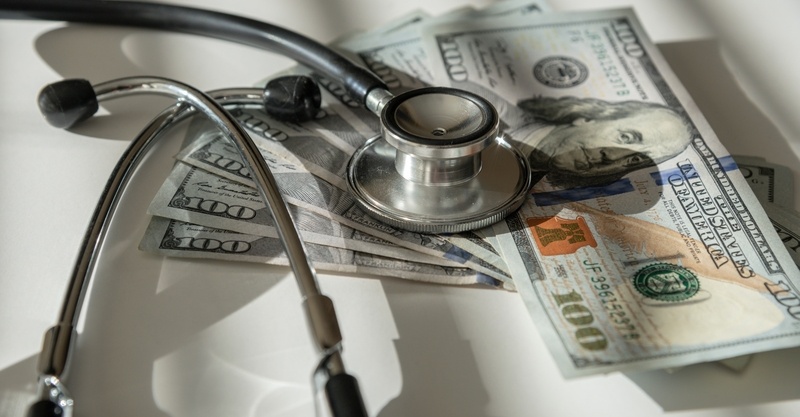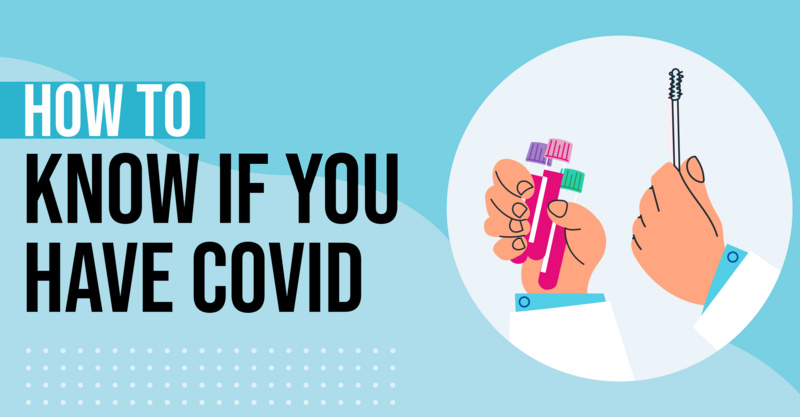Key Points
- As COVID-19 cases rise in the U.S., access to reliable testing is crucial. Testing sites are scaling their capabilities and companies are developing at-home testing kits to expand access.
- There are two types of at-home testing options: one where the sample is collected at home and diagnosed in a lab, and another where both collection and diagnosis are done at home. The latter is only available from Lucira, which is not yet available to the public.
- The FDA has given several at-home tests Emergency Use Authorization, including Everlywell, LetsGetChecked, Phosphorus, Picture by Fulgent Genetics, Pixel by LabCorp, and P23 Labs. Vault, Vitagene, and hims & hers are selling an FDA EUA-authorized test developed by RUCDR Infinite Biologics.
- The first at-home COVID test was authorized by the FDA on April 21, 2020. Since then, many companies have increased the supply of testing kits, with availability subject to location.
- While COVID testing should technically be covered under the CARES Act for patients that meet CDC guidelines, many at-home testing options charge consumers up front and recommend seeking reimbursement from insurance providers. For tests that do not fall under CDC guidelines, most at-home testing providers will charge cash up front and insurance is less likely to cover the costs. Some providers allow consumers to use Health Savings Accounts (HSA) or Flexible Spending Accounts (FSA) to cover the cost of the test.
This post has been medically reviewed by Rob Rohatsch, MD, Medical Advisor to Solv Health.
As COVID cases in the United States have continued to rise through the holiday season, access to reliable, safe testing is more important than ever. Testing sites across the country have been working aggressively to scale their testing capabilities to meet the needs of the public. In addition, several companies have also developed at-home testing kits to expand access to testing.
Related: 2021 Summer Vacation checklist →
How do coronavirus home test kits work?
There are currently two options for at-home testing:
Collect at home, diagnose in a lab
- The first and currently more common option for being tested for COVID at home has a consumer collect a sample at home and then ship their sample to a lab to be diagnosed for COVID. These tests are typically PCR tests which have a high degree of accuracy. Some home testing companies also may require your sample collection to be observed or supervised over video depending on their specific FDA Emergency Use Authorization (EUA).
Collect at home, diagnose at home
- The second option allows the consumer to collect and assess their sample at home. There’s currently only one manufacturer who has FDA approval for this type of testing–Lucira. The Lucira test is a molecular test, which tends to have a slightly higher chance of false negative results than with a PCR test. Unfortunately Lucira is not yet available to the general public but they plan to have broader distribution in the spring of 2021.
Are at-home COVID-19 tests approved by the FDA?
The short answer is, yes. The FDA has given several at-home tested Emergency Use Authorization which means the FDA has given them permission to be used during a public health crisis, or in this case the COVID pandemic. Several testing companies have received the Emergency Use Authorization including: Everlywell, LetsGetChecked, Phosphorus, Picture by Fulgent Genetics, Pixel by LabCorp, and P23 Labs. In addition, Vault, Vitagene, and hims & hers are all selling an FDA EUA-authorized test developed by RUCDR Infinite Biologics.
Are coronavirus at-home tests available yet?
The FDA authorized the first at-home COVID test on April 21, 2020 and since then several companies have been racing to increase the supply of testing kits. Check out the full list of currently available options below (availability is subject to your location) and click through to order:
| COMPANY | COST | TIME TO RESULTS* | OVERVIEW |
|---|---|---|---|
| EmpowerDX | $99 | 48 hours | Fill out an online survey and collect the nasal swab yourself. |
| Everlywell | $109 | 24-48 hours | Fill out online eligibility test. Collect your sample at home and ship it free for secure digital results within 24-48 hours of the lab receiving your sample. |
| LetsGetChecked | $119 | 24-72 hours | Complete the online assessment in a matter of minutes. Collect nasal swab and ship via UPS. |
| Picture by Fulgent Genetics | $119 | 24-48 hours | Complete the online eligibility screening. After you collect the nasal swab, you will send it back in a pre-labeled box. |
| Pixel by LabCorp | $119 | 24-48 hours | Complete online assessment, they’ll send you an at-home collection kit to collect your nasal swab sample and ship it back to our lab. |
| QuestDirect | $129 | 24-48 hours | Fill out an online form and receive detailed instructions on how to collect your nasal sample at home. |
| Vitagene | $129 | 24-48 hours | Complete the online assessment and they’ll send you an at home saliva collection kit. |
| P23 Labs | $142 | Unknown | Complete a quick questionnaire, the test will be shipped out. Patients should send back saliva sample within 24 hours. |
| Vault | $150 | 48-72 hours | Describe your symptoms, risk factors and pertinent health history online. Connect to Zoom to go over the saliva collection kit with a testing supervisor before shipping back. |
| hims & hers | $150 | 3-5 days | Complete an online form and then receive at home test kit to collect and send back a saliva sample. |
| Phosphorus | $155 | 72 hours | After an online medical screen, your at-home saliva sample collection kit will be shipped to you. |
| Azova | $168 | 48-72 hours | Complete online pre-screening questions to determine if you qualify, a saliva collection kit will be shipped to you. |
* Time to results are calculated AFTER the lab has received your test sample.
What other ways can I assess if I have COVID-19?
The CDC provides guidelines for self-assessment and testing criteria, but if you find you’re displaying any symptoms and want to be seen by a provider you can schedule a video visit on Solv to be evaluated.
Is at-home COVID testing covered by insurance?
For patients that meet CDC guidelines, COVID testing technically should be covered under the CARES Act, however, many at-home testing options charge consumers up front and recommend that you seek reimbursement from your insurance provider after you purchase the testing kit. For testing that does not fall under CDC guidelines (return to work or school, travel requirements, etc) most at-home testing providers will charge cash up front and insurance is less likely to cover the costs.
Some of the at-home testing providers will also allow consumers to use Health Savings Accounts (HSA) or Flexible Spending Accounts (FSA) to cover the cost of the test.
Frequently asked questions
What are the two options for at-home COVID-19 testing?
The two options for at-home COVID-19 testing are: 1) Collect at home, diagnose in a lab, where the consumer collects a sample at home and then ships their sample to a lab to be diagnosed for COVID. 2) Collect at home, diagnose at home, where the consumer collects and assesses their sample at home.Are at-home COVID-19 tests approved by the FDA?
Yes, the FDA has given several at-home tests Emergency Use Authorization, which means the FDA has given them permission to be used during a public health crisis, such as the COVID-19 pandemic.Are at-home COVID-19 tests available to the public?
Yes, the FDA authorized the first at-home COVID-19 test on April 21, 2020 and since then several companies have been working to increase the supply of testing kits.How much do at-home COVID-19 tests typically cost?
The cost of at-home COVID-19 tests varies depending on the company, but they typically range from $99 to $168.How long does it take to get results from an at-home COVID-19 test?
The time to results varies depending on the company, but it typically ranges from 24 hours to 5 days after the lab has received your test sample.Are there other ways to assess if I have COVID-19?
Yes, the CDC provides guidelines for self-assessment and testing criteria. If you're displaying any symptoms and want to be seen by a provider, you can schedule a video visit on Solv to be evaluated.Is at-home COVID-19 testing covered by insurance?
For patients that meet CDC guidelines, COVID testing should technically be covered under the CARES Act. However, many at-home testing options charge consumers up front and recommend that you seek reimbursement from your insurance provider after you purchase the testing kit.Can I use my Health Savings Account (HSA) or Flexible Spending Account (FSA) to cover the cost of an at-home COVID-19 test?
Yes, some of the at-home testing providers will allow consumers to use Health Savings Accounts (HSA) or Flexible Spending Accounts (FSA) to cover the cost of the test.











